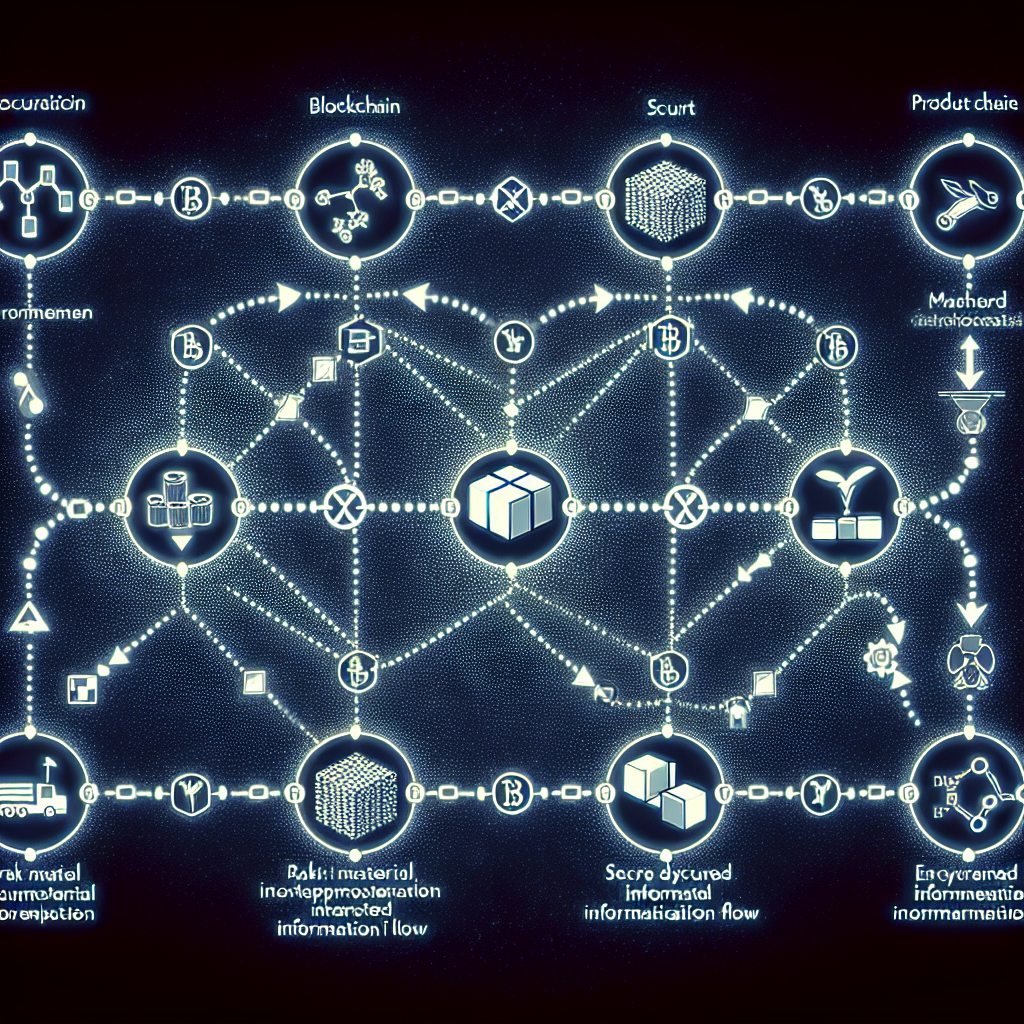Introduction
In today’s global economy, supply chains are more complex than ever. The need for security, transparency, and efficiency has led to the exploration of innovative technologies. One such technology that is making waves is blockchain. This article delves into how blockchain is enhancing supply chain security, providing businesses with unprecedented advantages.
What is Blockchain?
Blockchain is a decentralized digital ledger technology that records transactions across multiple computers in a way that ensures the security, transparency, and integrity of the data. Each block in the chain contains a number of transactions and is linked to the previous block, creating a secure and unalterable chain of records.
Benefits of Blockchain in Supply Chain Security
1. Enhanced Transparency
One of the fundamental benefits of blockchain technology is its ability to enhance transparency within the supply chain.
- Real-Time Tracking: Blockchain provides real-time visibility into the movement of goods, allowing stakeholders to track products from their origin to their final destination.
- Immutable Records: Once a transaction is recorded on the blockchain, it cannot be altered, ensuring that all data is authentic and trustworthy.
2. Improved Traceability
The ability to trace products back to their source is vital for ensuring quality and safety in the supply chain.
- Source Verification: Blockchain allows for the verification of a product’s origin, helping businesses ensure they are sourcing from reputable suppliers.
- Recall Management: In the event of a product recall, blockchain enables companies to quickly identify affected items and take appropriate action.
3. Enhanced Security
Security is a primary concern in supply chain management. Blockchain technology brings several security enhancements.
- Decentralization: The decentralized nature of blockchain means that there is no single point of failure, making it more resistant to cyberattacks.
- Smart Contracts: Automated contracts can execute transactions based on predefined conditions, reducing the potential for fraud and ensuring compliance with agreements.
4. Cost Reduction
Implementing blockchain technology can lead to significant cost savings for businesses.
- Reduced Intermediaries: By facilitating direct transactions between parties, blockchain minimizes the need for intermediaries, reducing associated costs.
- Efficiency Gains: Streamlined processes through automation and real-time data sharing lead to faster transaction times and reduced operational costs.
Challenges to Implementation
Despite its many benefits, the implementation of blockchain in supply chain security is not without challenges.
- Integration with Existing Systems: Businesses may face difficulties integrating blockchain with their current systems and protocols.
- Scalability Issues: As the number of transactions grows, maintaining speed and efficiency can become challenging.
- Regulatory Concerns: The evolving regulatory landscape concerning blockchain technology may pose hurdles for businesses looking to adopt it.
Conclusion
Blockchain technology has the potential to revolutionize supply chain security by providing enhanced transparency, traceability, and security. While challenges remain in its implementation, the benefits far outweigh the drawbacks. As businesses continue to adapt and evolve, those that embrace blockchain will be better positioned to secure their supply chains and gain a competitive edge in the market.

Leave a Reply